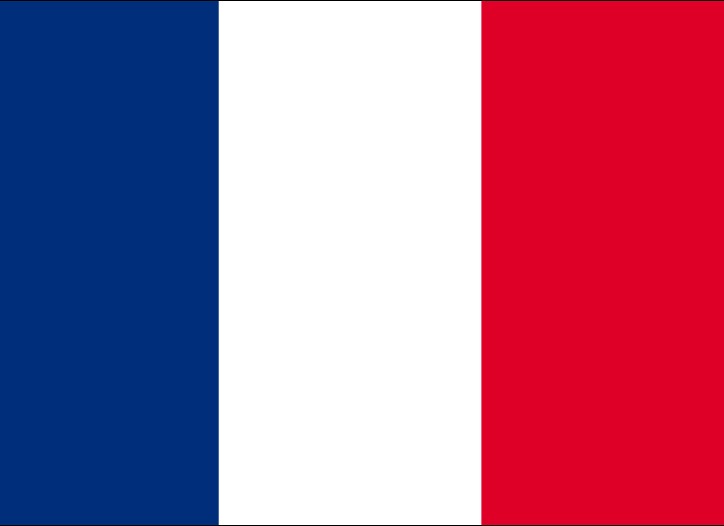U.S. tariffs will take a big bite out of the French beauty industry, both export- and employment-wise.
A year after the election of Donald Trump as president of the United States, the French beauty association Fédération des Entreprises de la Beauté, or FEBEA, unveiled a study, which was carried out by Asterès, that models the impact of U.S. customs duties on French cosmetics exports for 2026.
Fragrance and cosmetics are the second-largest export after aeronautics for France. The U.S. is the most important export country for French beauty products. In 2024, almost 3 billion euros’ worth of products were exported to the country, half of which were fragrances.
“The conclusions of the Asterès study are clear: While customs duties for exports of cosmetics products to the U.S. were zero (0 percent) in 2024, the combination of customs duties of 15 percent on cosmetics (July 28, 2025) as well as additional customs duties of 50 percent on the metal components of packaging (Aug. 19, 2025), associated with the depreciation of the dollar against the euro, would lead to a 21 percent drop in French exports to the United States in 2026,” FEBEA wrote in a press release. It added that represents a sales loss of 620 million euros.
As a result, this could lead to the elimination of 2,700 direct jobs in exporting cosmetics companies and 8,200 indirect jobs — suppliers, logistics, packaging and communication, for instance — for a total of 10,900 jobs at risk, FEBEA continued.
“In 2024, the French cosmetics sector ranks second with a trade surplus vis-à-vis the U.S. of 2.4 billion euros, thanks to 2.9 billion euros in exports,” FEBEA wrote. “It’s a strategic position that is therefore today particularly threatened by the introduction of these new tariff barriers.”
The impact of custom duties and the dollar’s depreciation — of minus 4 percent — on French cosmetics exports is already starting to be felt. Notable already: an immediate drop in exports. In first-half 2025, they’ve already sunk by 12.7 percent, which is directly linked to the stockpiling in anticipation of tariffs by large groups at the end of last year, according to FEBEA.
“A multiplier effect on employment is to be feared,” the association continued. “In fact, each direct job in the cosmetics industry generates on average three indirect jobs. Thus, the loss of 10,900 jobs impacts the entire value chain, from production to distribution.”

The U.S. is the most important export country for French beauty products.
Getty Images
FEBEA said that with 35.6 billion euros of sales in 2024 and 300,000 direct and indirect jobs in France, the cosmetics industry is an industrial and cultural flagship that contributes to the economic sovereignty and international influence of France.
“However, the increase in American customs duties comes on top of other threats already identified by FEBEA: regulatory inflation in Europe, exacerbated competition from Asian players and the multiplication of trade barriers.”
“Faced with this shock, we cannot remain spectators,” said Emmanuel Guichard, general delegate of FEBEA. “This summer, FEBEA launched a Beauty Industry Package, an emergency European action plan intended to protect the competitiveness and future of our industry.
“We ask our European and French decision-makers to give us the means to maintain our global leadership, without unnecessarily complicating our action framework,” he said.
#U.S #Tariffs #Impact #French #Beauty #Industry
